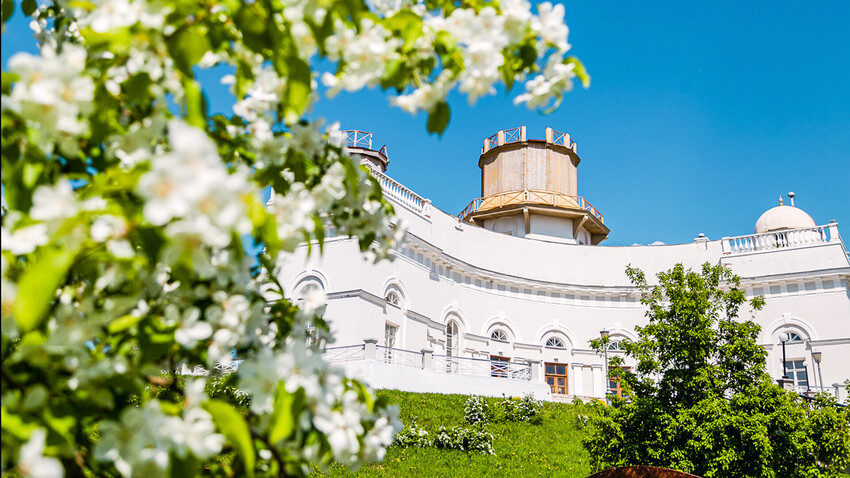
The two astronomical observatories of the Kazan Federal University collectively became the 32nd site of the UNESCO World Heritage in Russia (and the 21st of cultural sites).
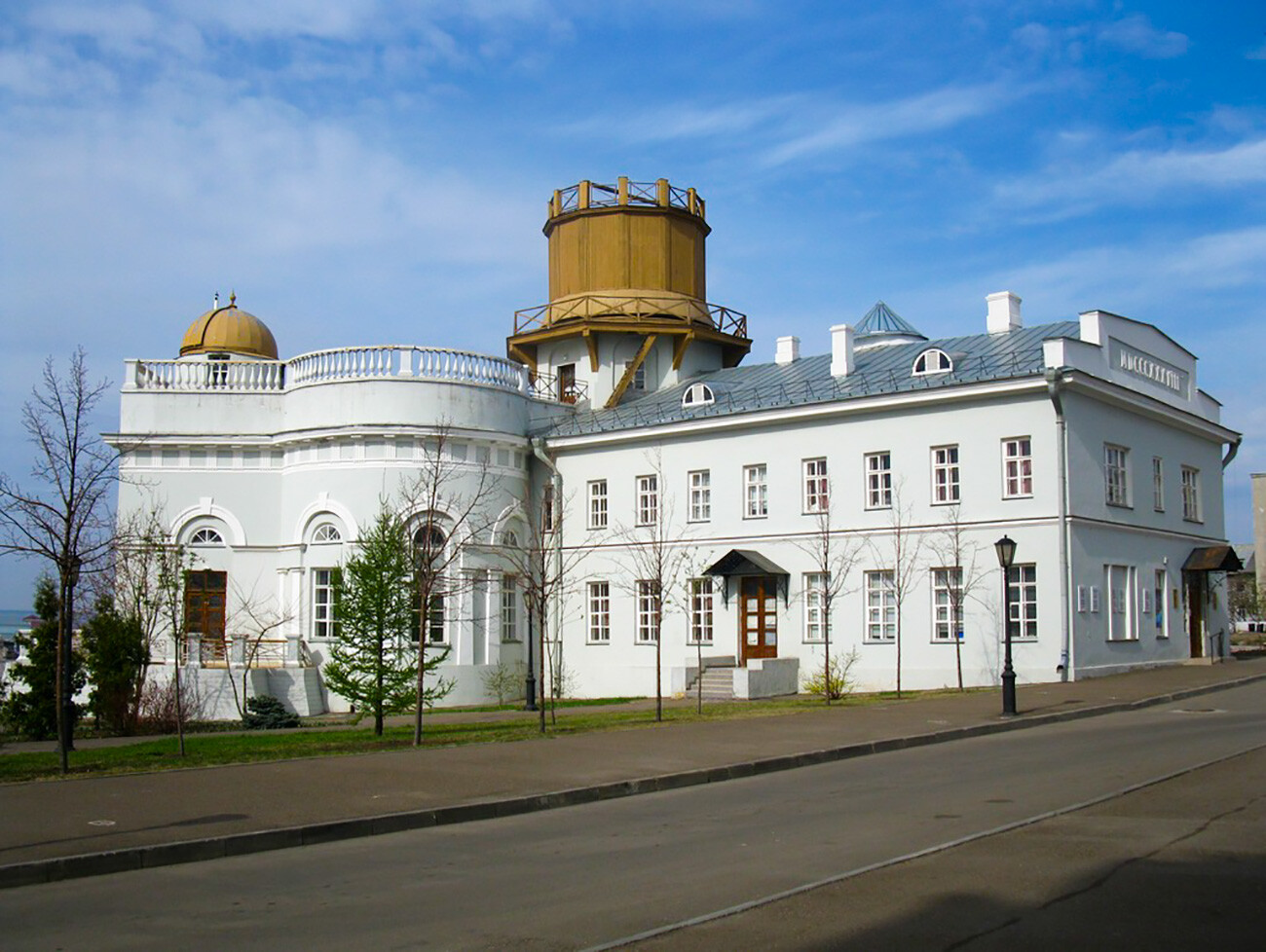
As the Russian ministry of culture concludes, the site “epitomizes the unbroken thread of history, science and culture from its pioneering work in the development of astronomy, astrophysics and space geodesy in the 19th and early 20th centuries to the present day.”
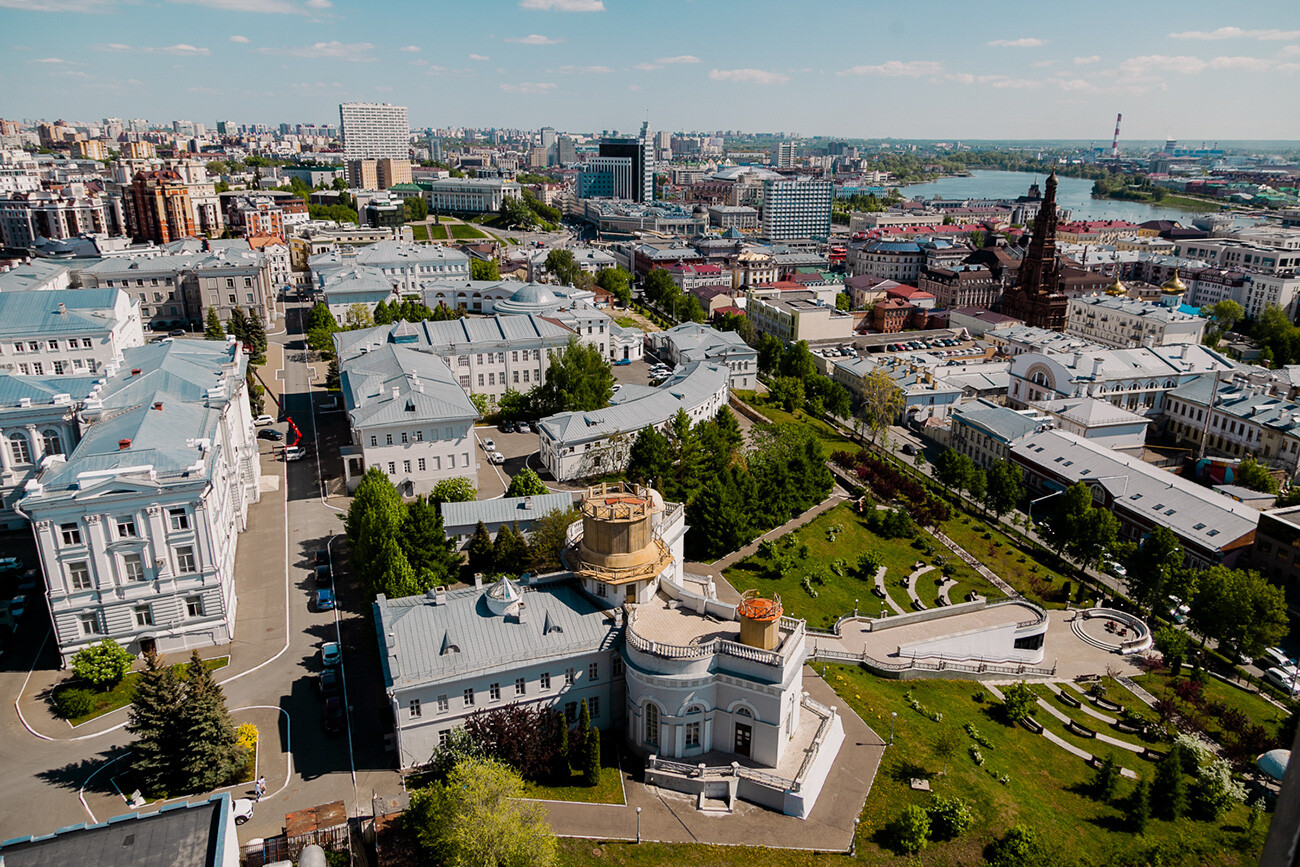
Kazan University is one of the oldest in Russia. And it has two astronomical observatories: one is located in the center of Kazan, while the other is in the suburbs. Both of them have preserved unique ancient observational instruments.
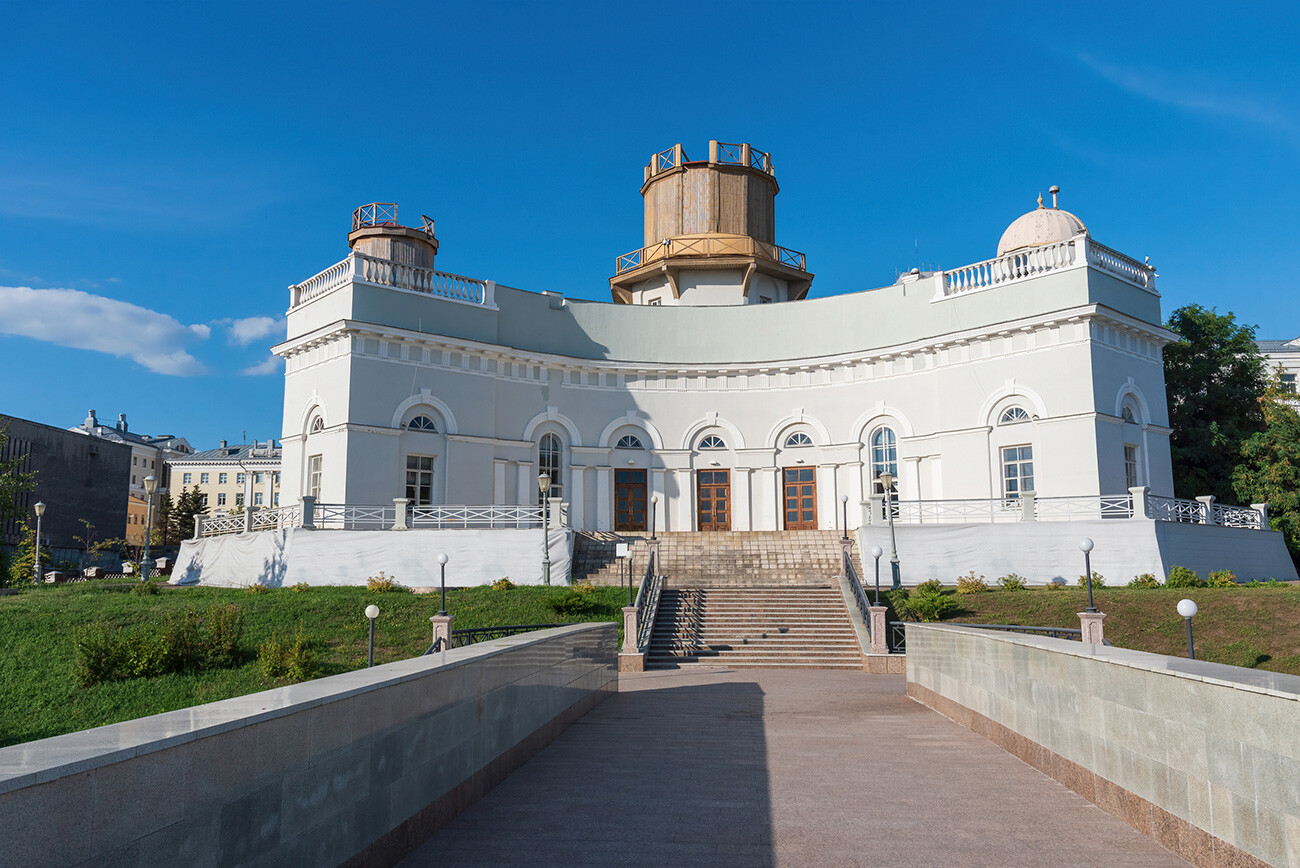
The first, The Kazan City Astronomical Observatory, was founded in 1811 by Austrian scientist Josef Litrov, the first head and professor of the local astronomy department. In 1838, the permanent observatory building was completed right on the University campus. It’s a semicircular mansion with three domed towers, where the observing equipment was installed.

Over time, however, it turned out that it was not too convenient to observe the stars in the center of the city, because of the strong illumination. In the late 1890s, prominent Russian astronomer Vasily Engelhardt donated unique equipment from his Dresden observatory to Kazan University.
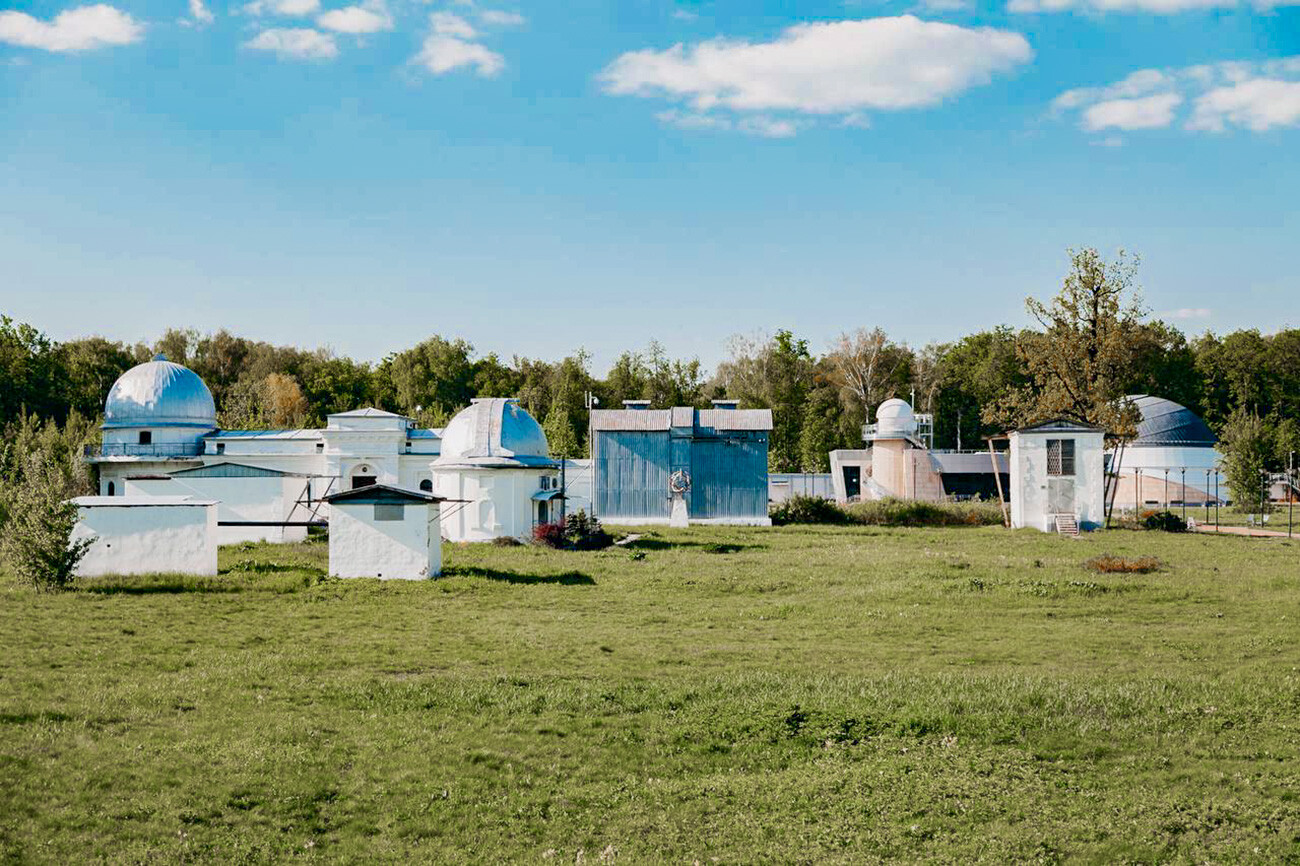
The emperor, meanwhile, allocated funds that allowed for the construction of another observatory – this time outside the city. The suburban astronomical observatory, which bears the name of Engelhardt, was opened in 1901. In 2013, a planetarium was opened at the observatory.

Dear readers,
Our website and social media accounts are under threat of being restricted or banned, due to the current circumstances. So, to keep up with our latest content, simply do the following:
If using any of Russia Beyond's content, partly or in full, always provide an active hyperlink to the original material.
Subscribe
to our newsletter!
Get the week's best stories straight to your inbox